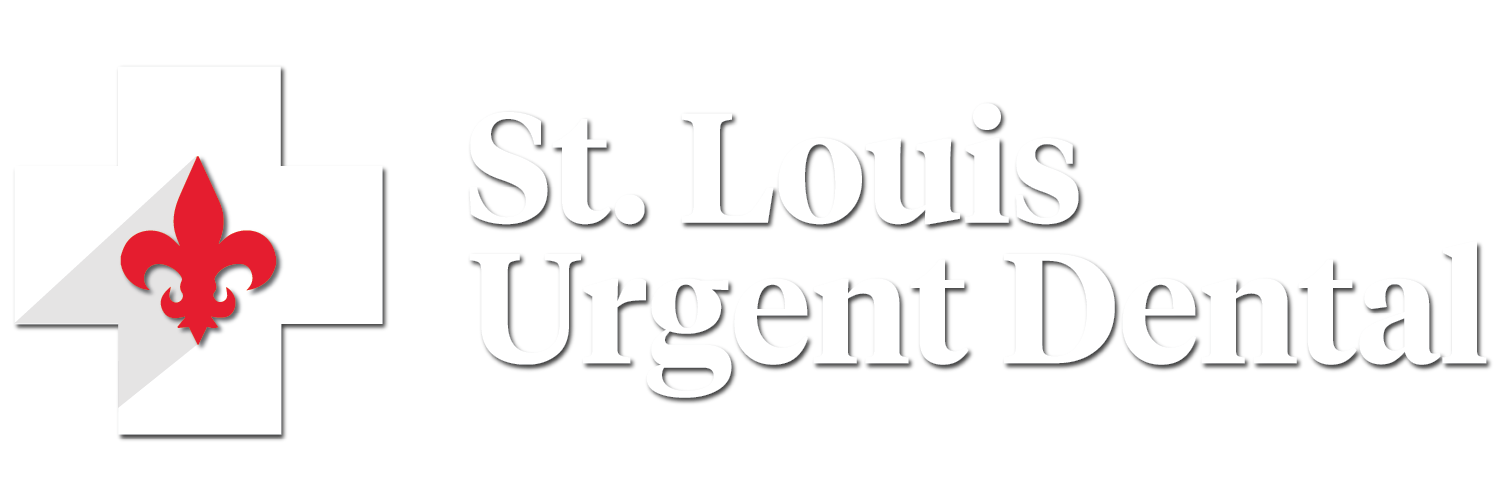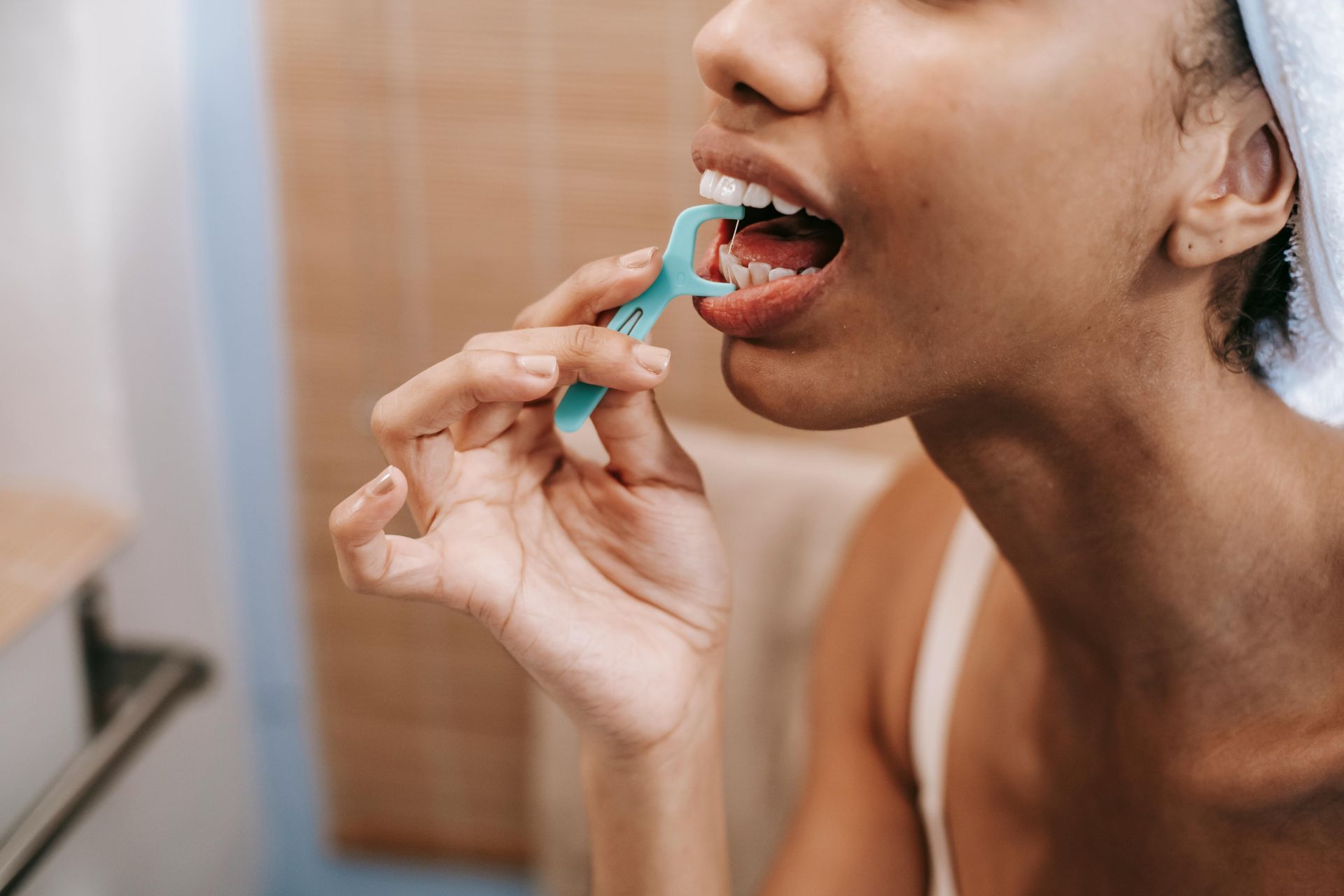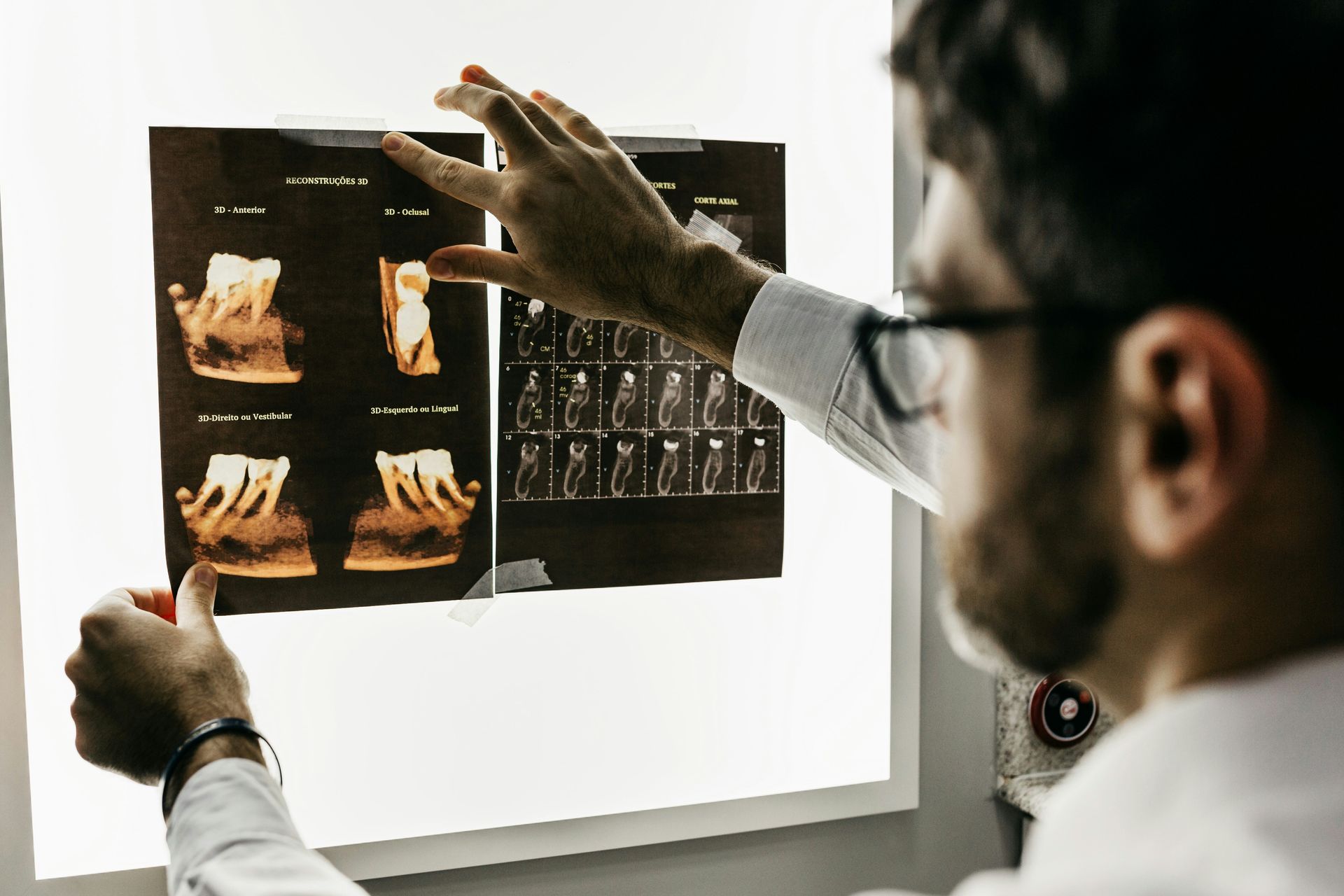The Link Between Oral Health and Overall Health
Oral health can impact the rest of the body and overall health
In pursuing a healthy lifestyle, it's easy to overlook the crucial link between oral health and overall well-being. Research over the years has illuminated the intricate connections between the two, highlighting the profound impact that the state of our mouths can have on various aspects of our general health.
Let's delve into some compelling ways in which oral health and overall well-being are interconnected.
Cardiovascular Health
Recent studies have unearthed a potential link between gum disease (periodontitis) and cardiovascular issues. The bacteria associated with gum disease might find their way into the bloodstream, contributing to heart disease and stroke. This revelation underscores the importance of maintaining a healthy mouth for a healthy heart.
Diabetes
The relationship between diabetes and oral health is bidirectional. Poor oral health can complicate the control of blood sugar levels, while individuals with diabetes are more susceptible to gum disease. This symbiotic connection emphasizes the need for a comprehensive approach to health that includes consistent oral care.
Respiratory Health
Beyond the confines of the mouth, oral infections, particularly those related to gum disease, can impact respiratory health. Inhaling bacteria from the mouth into the lungs may contribute to respiratory problems, underscoring the importance of oral hygiene in preventing conditions such as pneumonia.
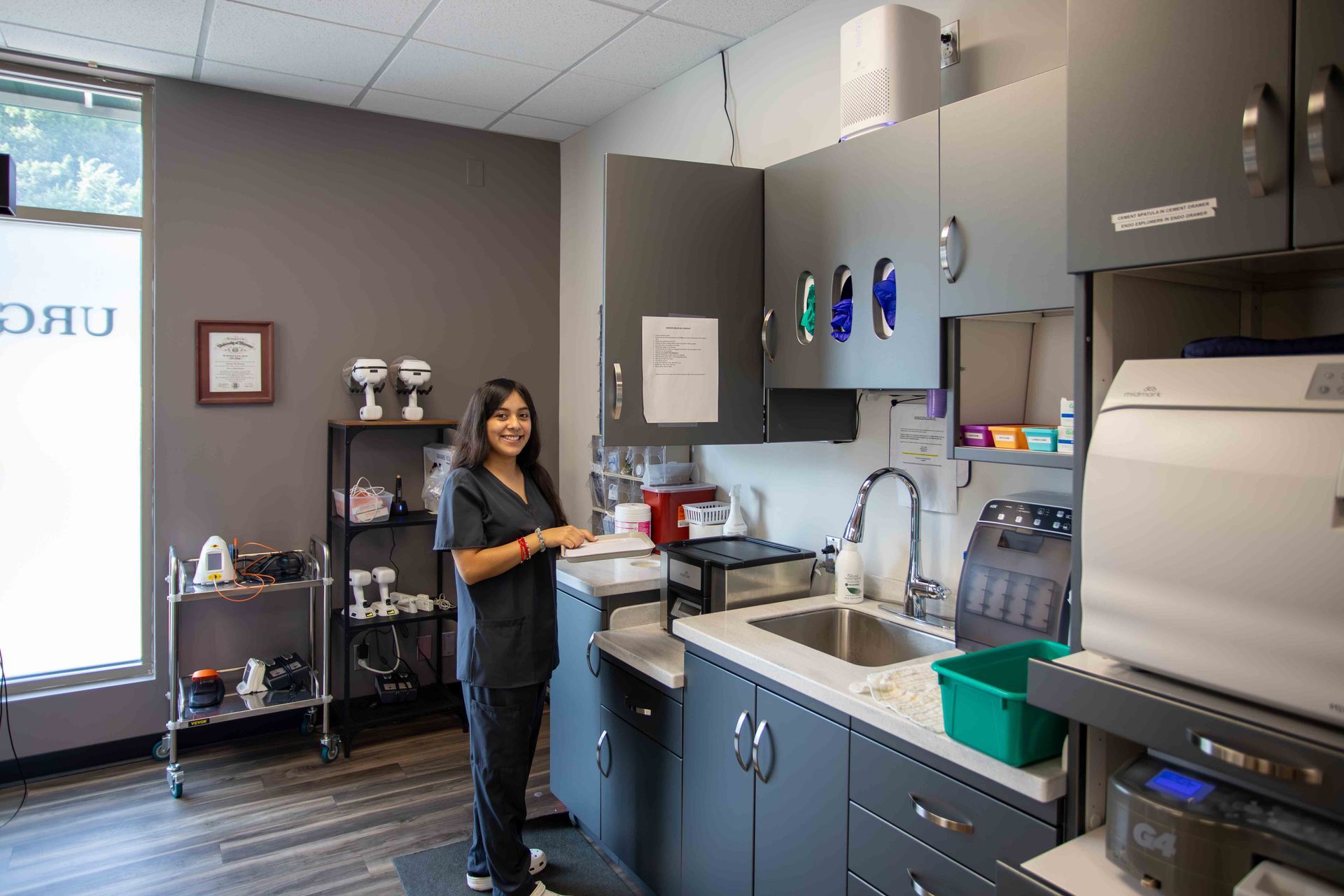
Pregnancy and Birth Complications
The journey to motherhood comes with its share of challenges, and oral health plays a crucial role. Studies have linked periodontitis to premature birth and low birth weight, emphasizing the need for pregnant women to prioritize oral hygiene for the well-being of both mother and child.
Inflammation and Systemic Diseases
Chronic inflammation from gum disease has far-reaching consequences, extending beyond the oral cavity to impact systemic health. Associations have been found between poor oral health and conditions like rheumatoid arthritis and certain autoimmune diseases, highlighting the interconnectedness of our bodily systems.
Cognitive Function
Emerging research suggests a correlation between poor oral health and cognitive decline in specific populations. While the exact nature of this relationship is still under exploration, it underscores the holistic nature of health, with oral health playing a potential role in preserving cognitive function.
Protecting Your Oral Health
The good news is that we can protect our oral health every day in many ways. Good oral hygiene is critical: brushing your teeth at least twice daily with fluoride toothpaste, flossing daily, and using mouthwash to remove any leftover food particles. Sugary, processed foods and drinks are all around us and readily available, but opting for a healthy diet that limits these can benefit your oral health. You should also avoid smoking and tobacco use. These habits are steps we can take daily to safeguard our oral health.
As we navigate the landscape of well-being, it is clear that oral health is not an isolated component but an integral part of our overall health. Regular dental care, encompassing brushing, flossing, and routine check-ups, is not just about a bright smile; it's about fostering a foundation for a healthier life. By recognizing and addressing the connections between oral health and overall well-being, we empower ourselves to take a proactive stance in maintaining a balance between the health of our mouths and our entire bodies and minds.
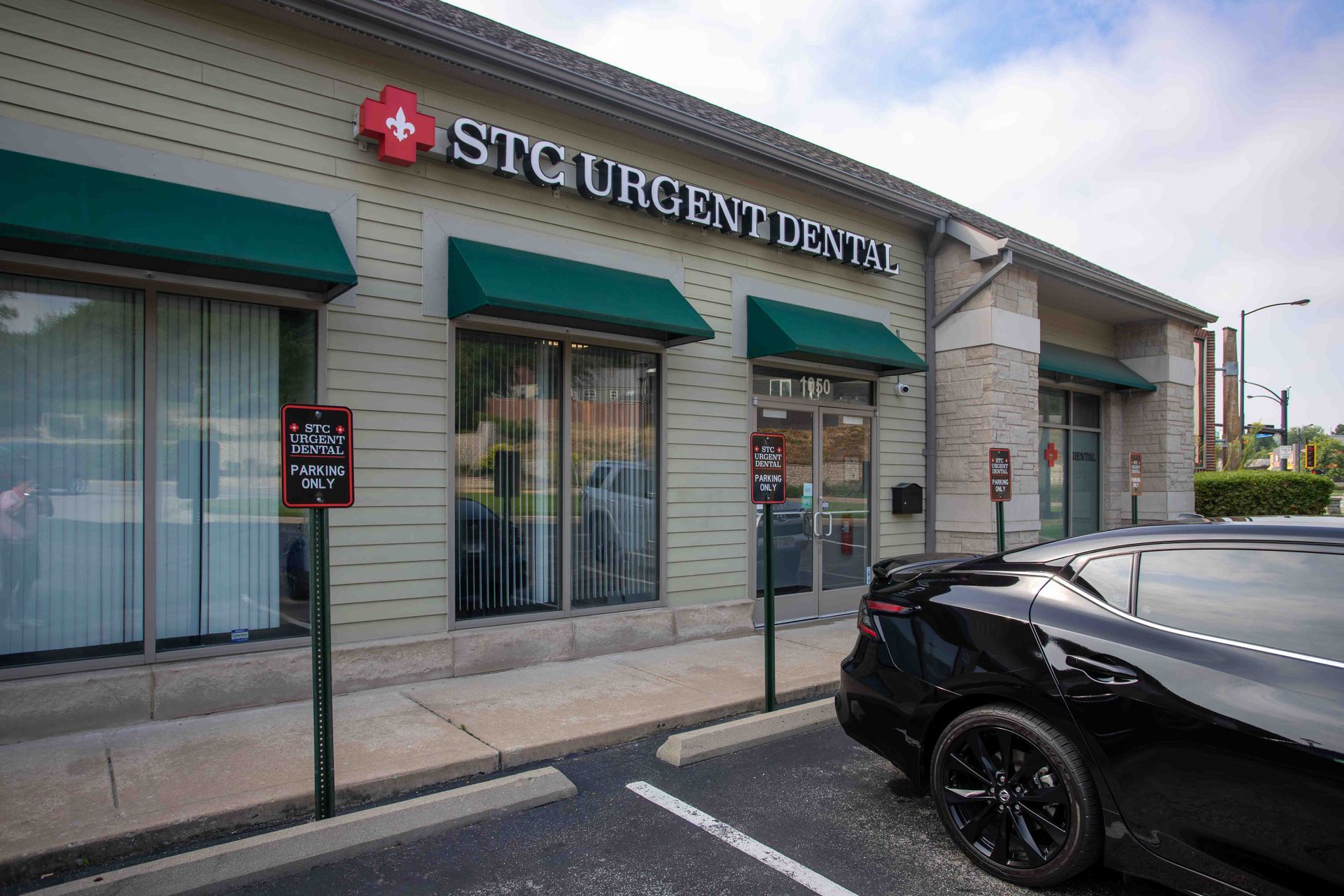
Call St. Louis Urgent Dental Today
Our St. Louis Urgent Dental team is here to help with your urgent, after-hours dental needs! We are open seven days a week and open until 9 pm on M-F. We are ready to help with dental emergencies, including root canals, crowns, socket grafting, extractions, implants, broken teeth, and more. We have our procedure pricing and other details here on our website. Schedule an appointment, and you'll be smiling again in no time!
Sources: CDC, Mayo Clinic, Penn Medicine
